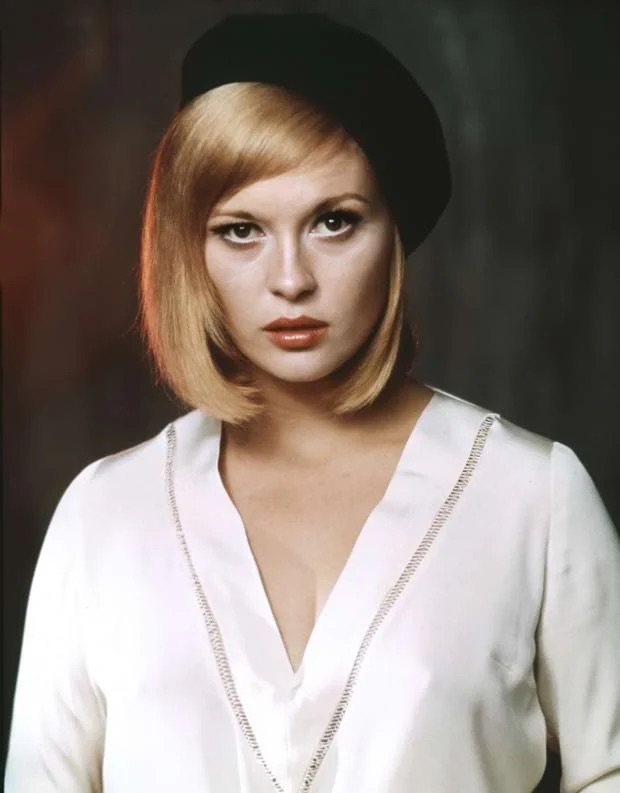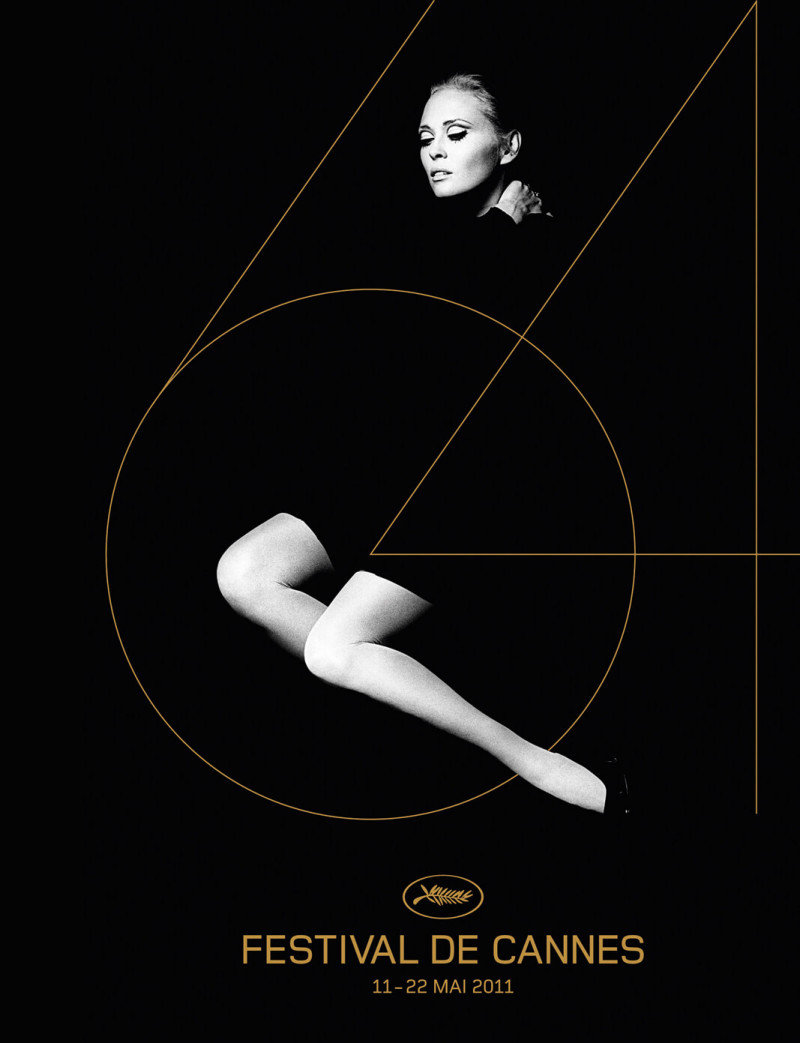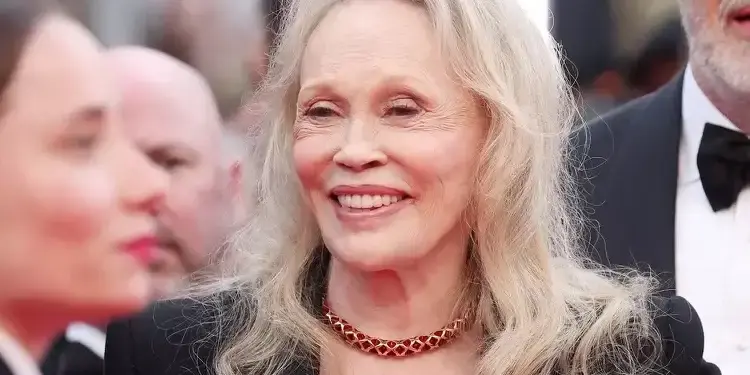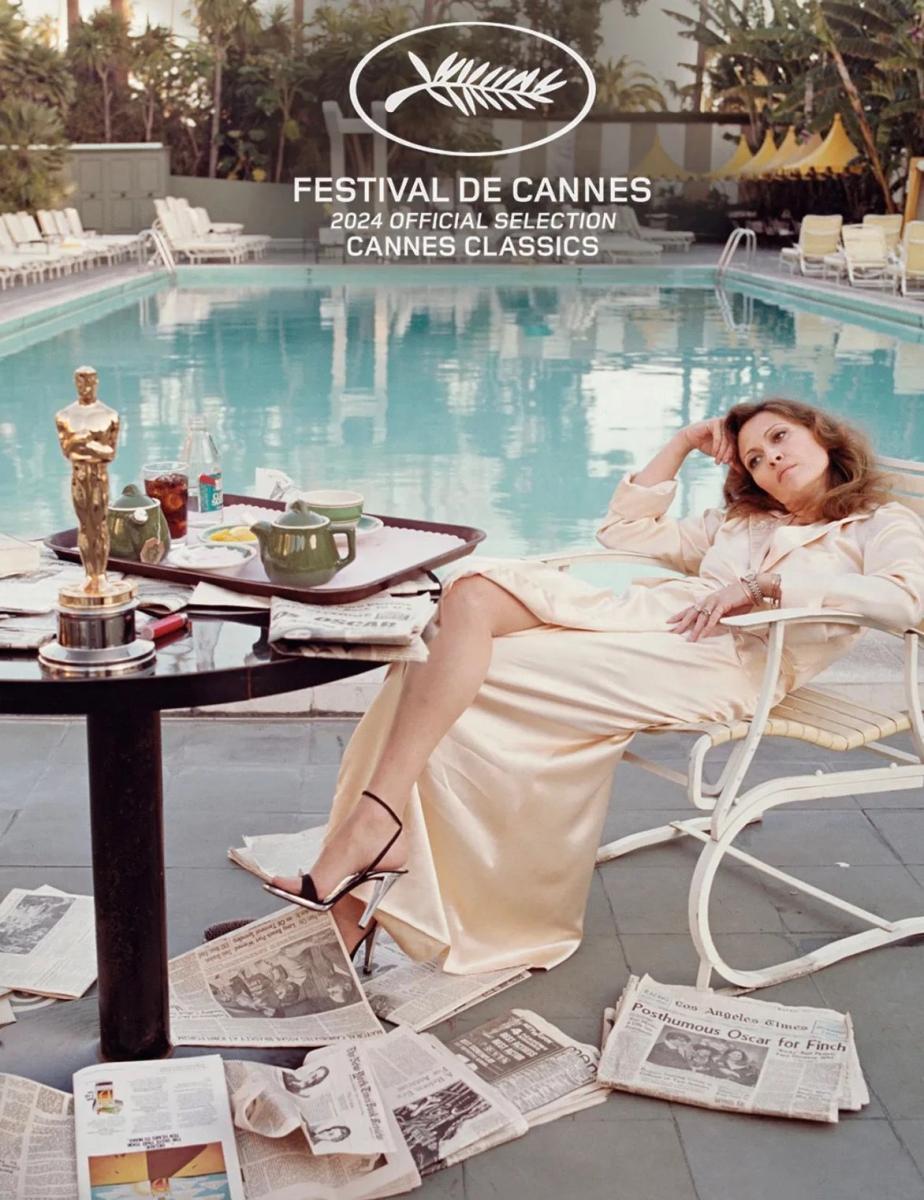Cannes Classics 2024 – “Faye”: a moving tribute to a cinema icon
During this edition of Cannes Classics, I was happy to attend the screening of the documentary Fayeproduced by Laurent Bouzereau. This film, devoted to the career and personal life of Faye Dunaway, cinema icon, was a real event, especially since the actress herself was present, accompanied by the director and her son.
A trip through an illustrious career
Faye is a documentary feature film that plunges into the heart of the life and career of Faye Dunaway. The actress, oscored for her role in Network (1976), revisit his triumphs through emblematic works. She also shares her point of view on the controversial film Very expensive mom (1981), which she considered a difficult turning point in her career.
The film opens onto the famous photograph of Terry O’Neill, where Faye Dunaway sits by the pool in the aftermath of her Oscar victory. This iconic photo had been taken in the morning when she had received the Oscar for Networkexactly 45 years before the first day of filming this documentary. She often appears throughout the film, symbolizing both the top of her career and the challenges that followed.
Precious testimonies
The documentary is enriched by the testimonies of relatives and colleagues of the actress. His son, Liam, as well as figures of cinema such as Sharon Stone, Mickey Rourke and James Gray, bring their perspectives and their memories. These interventions add layers of understanding to the complexity of the actress, both as a professional and as an individual.
The evolution of female roles and the history of cinema
To approach the career of Faye Dunaway is also to light up a whole section of the history of cinema. This cinema that she represents probably starts with Bonnie & Clyde (1967), then with films like The Thomas Crown affair (1968), Chinatown (1974) and of course Network. These emblematic films were part of what is called “New Hollywood”, an era when the film industry changed radically. Faye found herself at the heart of this new American cinema, embodying strong and independent characters who have challenged traditional stereotypes.
For people of my generation, these films also represent part of our youth. We were all amazed by Bonnie and Clydeby The Thomas Crown affair and by the complex intrigues of Chinatown. They are part of our collective memory, cultural benchmarks that have marked our perception of cinema and society. Faye was also, what would be called today, an “influencer”. She had her own personality and became an example for her admirers, who tried to imitate her and adopt the dress style of her characters, especially that of Bonnie.


The importance of cinematographic memory
The presentation of Faye In Cannes Classics is part of an approach to preserve and promote the history of cinema. This festival section, which celebrates its 20th birthdayplays a crucial role by bringing old works back to life through restored versions and highlighting emblematic figures of the seventh art. By celebrating Faye Dunaway, the festival recalls not only the importance of its work but also that of the collective memory of cinema.
This preservation mission is essential, because it allows young generations to discover films and artists who have shaped the history of cinema. Faye Dunaway’s career is a perfect example of the evolution of female roles in the cinema, going from simple figures of wives and mothers to independent and complex characters. His journey also reflects social and cultural changes of the last decades.
A memorable evening
The presence of Faye Dunaway to the projection added a particular dimension to the event. The public had the opportunity to see her in person, to feel her emotion and her commitment, and to better understand the impact of her contributions to the cinema. Director Laurent Bouzereau has captured the essence of this great actress, offering the public an intimate and respectful look at her life and career.
The evening was marked by moments of intense emotion, especially when Faye Dunaway spoke to thank the public. His sincerity and his passion for his job deeply touched spectators, making this projection even more memorable.


A powerful and inspiring testimony
Faye is much more than a simple documentary, it is a sincere and poignant tribute to an actress whose talent and determination have marked the history of cinema. The film offers a profound reflection on the personal and professional challenges that Faye Dunaway has overcome, and on the way in which she knew how to use this experiences to enrich her performances on the screen.
The screening of this film in Cannes Classics underlines the importance of cinematographic memory and the preservation of works and artists who shaped this art. By honoring Faye Dunaway, the festival famous not only an extraordinary career, but also the cultural and artistic heritage she leaves behind. It is a powerful reminder of the way in which cinema can capture the essence of humanity and transmit stories and emotions through generations.


Faye is a work that goes beyond the simple biographical documentary. It is a reflection on the evolution of cinema, on the roles of women on the screen, and on the ability of art to capture and transform reality. The screening of this film in Cannes Classics illustrates how much cinema can touch, inspire and unite people through time and space. A real tribute to the indelible heritage of Faye Dunaway, a living legend of cinema.
Neïla Driss










